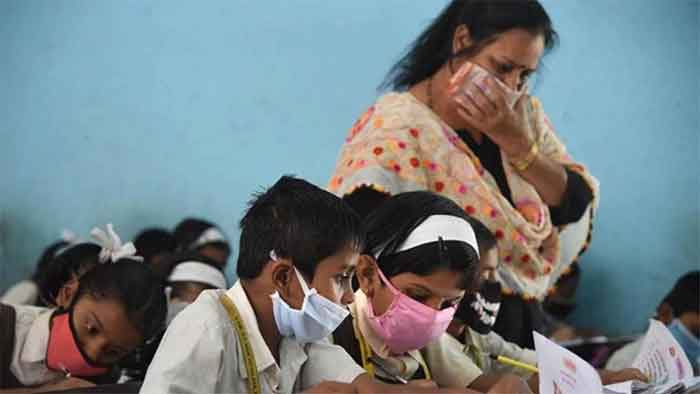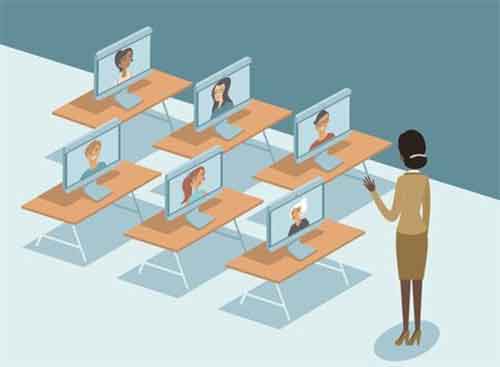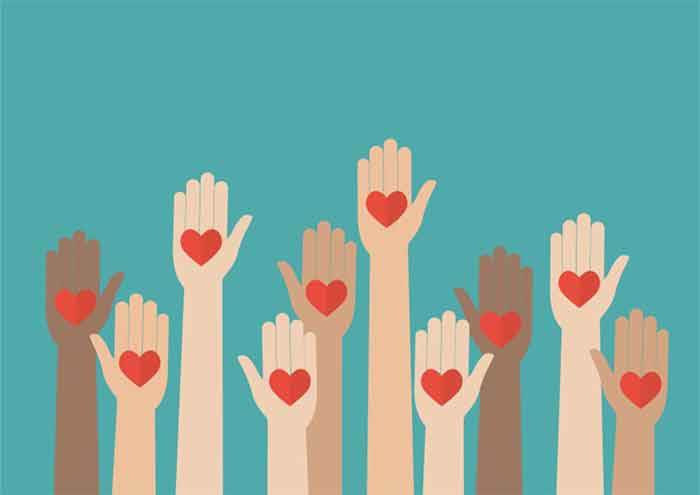
Since the first case of novel coronavirus disease 2019 (COVID-19) was diagnosed in December 2019 in Hubei province of China, it has swept across the world and galvanized global action. This has brought unprecedented efforts to institute the practice of physical distancing called in most cases “social distancing” in countries all over the world, resulting in changes in national behavioral patterns and shutdowns of usual day-to-day functioning.
The Governments are implementing an extensive public health awareness campaign utilizing all available media channels by roping Celebrities, Athletes YouTube stars to create awareness. The exponential increase in the cases in West which are better equipped with public Health Facilities have put the vulnerable groups in particular to more anxiety . The spread of covid-19 misinformation , lack of medical treatment and shortage of properly equipment units to care for patients has contributed to provoking public fear anxiety and depression, which is usually neglected during crisis and pandemic management.
The containment measures taken by countries to flatten the curve across the globe came with Cascading effect of Economic and Psychological cost. Physical distance policies and social isolation may incite acute stress disorders , irritability , fear and panic , avoidance behavior, emotional distress and other mental health consequences in the healthy population but vulnerable groups like students are more at risk.
According to UNESCO Over 90% of enrolled learners (1·5 billion young people) worldwide are now out of education. As of April 2020, schools have been suspended nationwide in 188 countries, The UNESCO Director-General Audrey Azoulay warned that “the global scale and speed of the current educational disruption is unparalleled. School routines are important coping mechanisms for young people with mental health issues. When schools are closed, they lose an anchor in life and their symptoms could relapse. Going to school had been a struggle for some children with depression prior to the pandemic, but at least they had school routines to stick with amid all exigencies . Now that schools are closed, some lock themselves up inside their rooms for weeks, refusing to take showers, eat, or leave their beds. For some children with depression, there will be considerable difficulties adjusting back to normal life when school resumes.
Studies conducted in Chinese students already showed positive correlation between academic delay and anxiety symptoms. While these steps may be critical to mitigate the spread of this disease, they will undoubtedly have consequences for mental health and well-being in both the short and long term. These consequences are of sufficient importance that immediate efforts focused on prevention and direct intervention are needed to address the impact of the outbreak on individual and population level mental health.
Results of correlation analysis indicated that economic effects, and effects on daily life, as well as delays in academic activities were positively associated with anxiety symptoms evidence from the SARS crisis indicated that reduced mobility affected the wellbeing of quarantined residents in a complex manner. The SARS epidemic of 2002 was also associated with increases in PTSD, stress, and psychological distress in patients and clinicians. For such events, the impact on mental health can occur in the immediate aftermath and then persist over long time periods. In the context of the COVID-19 pandemic, it appears likely that there will be substantial increases in anxiety and depression, substance use, loneliness, and domestic violence and with schools closed, there is a very real possibility of an epidemic of child abuse.
This concern is so significant that the Countries across world have issued psychological first aid guidance. The HRD ministry has taken various measures to help students to cope up with the growing anxiety because of prolonged lockdown and physical distancing. The Administration of Union territory of Jammu and Kashmir has taking various initiatives to keep children abreast with the psychological cost of pandemic initiatives like “Sukoon Beat the stress” is worth mentioning. Children with special education needs, as those with autism spectrum disorder are also at risk. They can become frustrated and short-tempered when their daily routines are disrupted study at University of Hong Kong revealed
Research suggest that Students has been experiencing loss of appetite and sleep problems, and the uncertainties of whether the exams could be delayed further is adding to their problems. The fear of contracting virus is culminating in weird thought like what if miss my exam because of home quarantine or my area is declared red zone. In such situations when the cases rise every day staying healthy has become another stressor. Social distancing measures can result in social isolation in an abusive home, with abuse likely exacerbated during this time of economic uncertainty and stress., Increased rates of child abuse, neglect and exploitation have also been reported during previous public health emergencies, such as the Ebola outbreak in west Africa from 2014 to 2016.
As the pandemic continues, it is important to support children and adolescents facing bereavement and issues related to parental unemployment or loss of household income. There is also a need to monitor young people’s mental health status over the long term, and to study how prolonged school closures, strict social distancing measures, and the pandemic itself affect the wellbeing of children and adolescents. With the gradual easing of lockdown and opening of markets and parks. We are still months away to see children back in school. At the community level we should seek engagement with teachers and psychologist to hold sessions like role plays, Painting, Music , and Dance apart from academic activities in gradual way to keep the spark and mojo going on in children by keeping social distancing and other SOPs in mind.
Javid Majeed is Research Scholar at Center for Management Studies Jamia Milia Islamia New Delhi
SIGN UP FOR COUNTERCURRENTS DAILY NEWSLETTER
















































